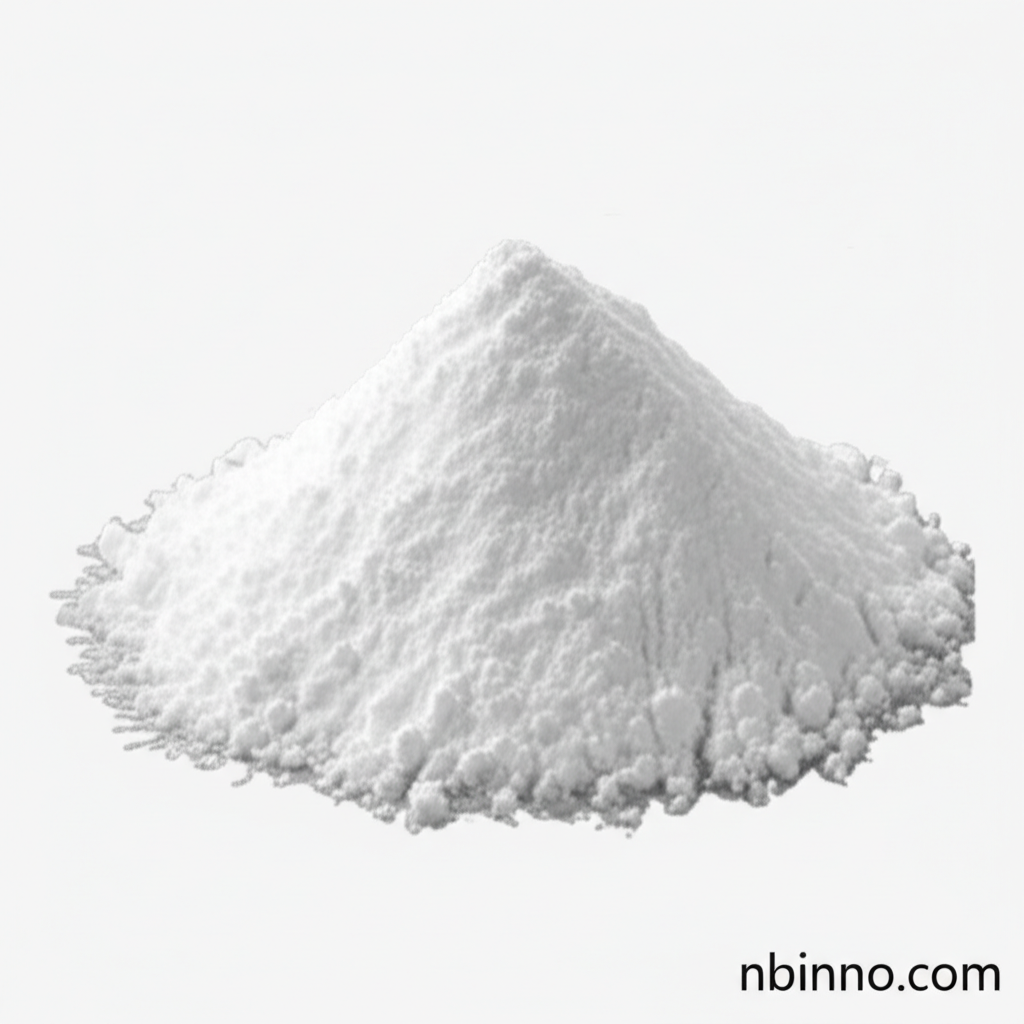Procaine Hydrochloride: A Comprehensive Overview of its Properties and Applications
Explore the multifaceted world of Procaine Hydrochloride, a critical component in modern medicine and chemical synthesis.
Get a Quote & SampleProduct Core Value

Procaine Hydrochloride
Procaine Hydrochloride (CAS 51-05-8) stands as a cornerstone in the field of local anesthetics. Its efficacy stems from its ability to block sodium ion channels, thereby preventing nerve impulse conduction and providing temporary pain relief. This pharmaceutical intermediate is crucial for various medical applications, including dental procedures and reducing pain associated with intramuscular injections.
- Unlock the details of procaine hydrochloride local anesthetic action, understanding its role in nerve conduction blockade.
- Discover the advantages of procaine hydrochloride pharmaceutical intermediate in complex drug manufacturing processes.
- Learn about the critical purity and assay standards for procaine hydrochloride to ensure optimal therapeutic outcomes.
- Explore the best practices for procaine hydrochloride storage and handling to maintain its integrity and efficacy.
Key Advantages of Procaine Hydrochloride
Rapid Pain Relief
Procaine Hydrochloride is renowned for its ability to provide rapid onset of local anesthesia, making it a preferred choice for procedures requiring quick pain management, and ensuring patient comfort during treatments.
Versatile Pharmaceutical Intermediate
As a key pharmaceutical intermediate, Procaine Hydrochloride is integral to the synthesis of other vital medications, supporting the broader needs of the healthcare industry and contributing to advancements in drug development.
High Purity and Reliability
With stringent quality control ensuring high purity and assay standards, Procaine Hydrochloride offers reliable performance in medical applications and chemical synthesis, meeting rigorous industry benchmarks.
Key Applications
Local Anesthesia
Procaine Hydrochloride is widely used to induce local anesthesia, temporarily blocking nerve signals in a specific area. This is vital for minor surgical procedures and pain management, highlighting its role in patient comfort.
Dental Procedures
In dentistry, Procaine Hydrochloride is a common agent for numbing the area during treatments, from fillings to extractions, ensuring a pain-free experience for patients and facilitating precise dental work.
Pain Management in Injections
It serves to reduce the discomfort associated with intramuscular injections, particularly penicillin, demonstrating its utility in making medical treatments more tolerable for patients.
Chemical Synthesis
Beyond direct medical use, Procaine Hydrochloride functions as an important intermediate in the synthesis of various pharmaceutical compounds, contributing to the development of new treatments and research chemicals.
